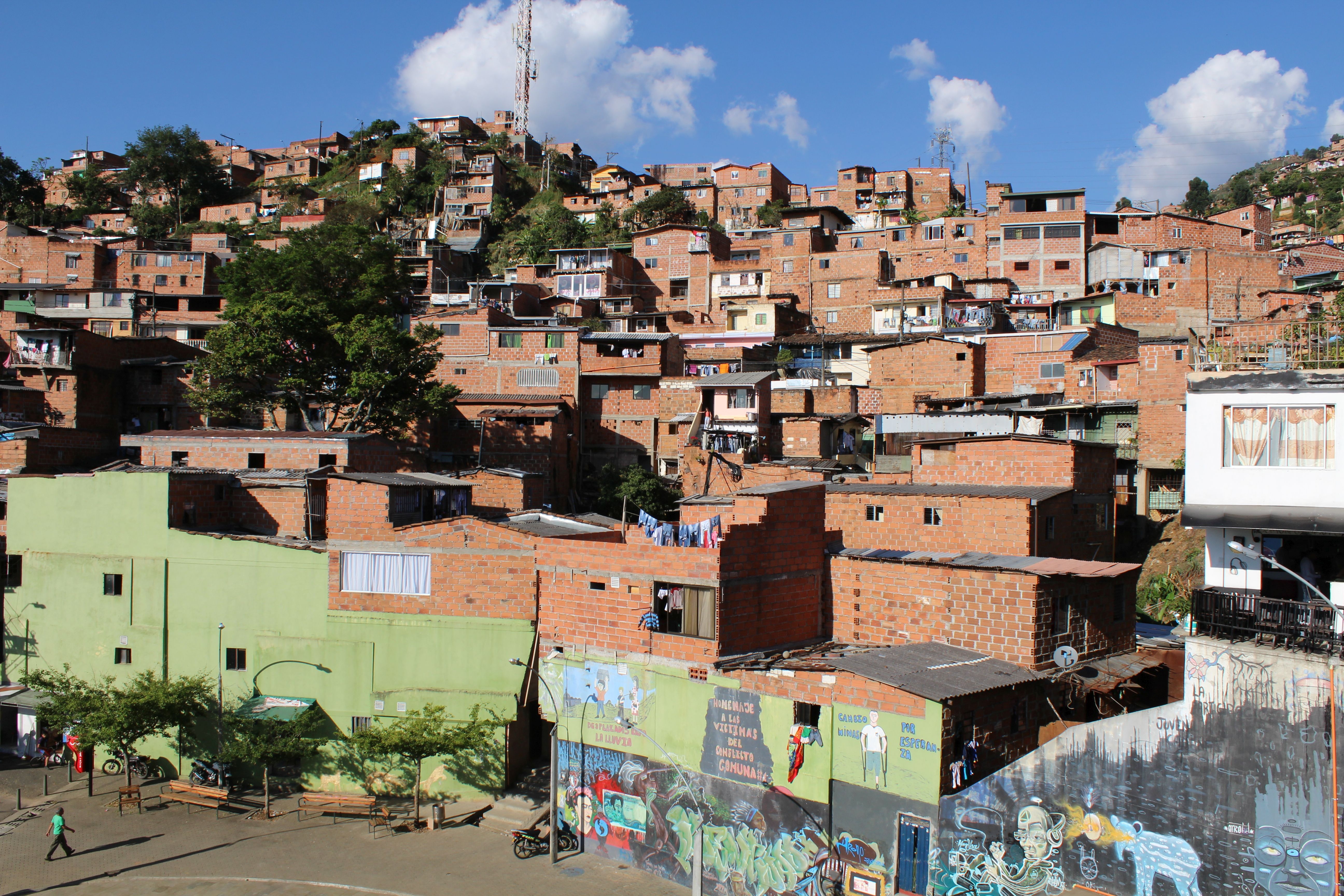Over the past decades, the Latin American and Caribbean countries have been structuring their regional cooperation mechanisms in key political and technical arenas. Among them, the Assembly of Ministers and High-Level Authorities on Housing and Urban Development - MINURVI, has become a reference with regards to the consolidation of integrated urban policies in the region, especially since Habitat III.
This year’s MINURVI General Assembly addressed three thematic topics: national urban policies, housing financing, and urban development trends in the region, through a series of panel discussions with housing authorities and urban practitioners.
Cities Alliance moderated one of the discussions entitled The Housing Agenda in Central America and the Dominican Republic, Mexico, and Colombia: Promoting dialogue and collaboration between countries.
The panel moderator, Anacláudia Rossbach, Cities Alliance Regional Manager for Latin America, highlighted that multiple housing-related measures have been taken in the region to respond to the Covid-19 crisis. Since the beginning of the pandemic, many regional knowledge exchanges and collaborations have been promoted by Cities Alliance and partners through Housing Laboratories - LAVs, aiming at strengthening urban policies and learning from each other when working towards the reduction of inequalities.
Anita Araceli Zetina, Secretary-General of the Central American Social Integration Secretariat - SISCA, explained that Central America has gained relevance as a sub-region due to its specific characteristics. "This territory is registering the second-fastest urbanization rates in the world and it is also among the most vulnerable to the impacts of climate change, and migration. Segregation and poverty-related challenges are salient", she explained. In this context, the principles agreed upon in the Regional Plan for the Implementation of the New Urban Agenda in Central America and the Dominican Republic (PRINAU-SICA) are relevant guidelines to achieve urban sustainability and SDG 11 objectives in the region, she noted.
Melina Castro Urquiza, General Director of Urban Development, Land and Housing from SEDATU, Government of Mexico, shared the right-based approach chosen to answer the need for more adequate housing. Nationally it led to a strategy that focus on self-building. The Mexican National Housing Policy supports the respect of local habits and customs as well as favouring the use of local materials. The population in informal settlements and informal workers are prioritized.
The cooperation for integrated housing policies aspect of the Mesoamerica Project involving 10 countries was presented by its Executive Director, Lidia Fromm. The project includes a financing programme to support long-term social housing policies. This articulation at the regional level, involving multiple stakeholders, is human-centred. This means that improving people's lives at the local level is held as the primary goal.
Jose Luis Acero, Vice Minister of Water and Basic Sanitation at the Ministry of Housing in Colombia, reminded the structural challenges of the pandemic in the region. Home to 8,5 per cent of the world population, Latin America has registered over 30 per cent of Covid-related casualties. On the structural side, low-income groups in informal settlements have been the most strongly impacted. According to CEPAL, poverty and extreme poverty rose back to the levels seen 12 years ago. Resulting from major public investments in infrastructure and subsidies directed to the most in need, Colombia has been successful in bringing equity to its significant improvement of housing production and WASH programmes.
The presentations illustrated the paradigm shift that is taking place in the region. Housing, treated as a human right, can foster economic development.
The panel jointly reiterated the need for an integral response to Covid-19. The promotion of long-term urban development vision focuses on resilience to reduce and adapt to climate change, taking into account gender gaps and vulnerable groups. This cooperation among Central American governments sheds light on the plans that have been approved - acknowledging the key role of integrated planning, the housing sector, the social, economic and environmental function of cities as well as the New Urban Agenda, to achieve the SGDs.
Watch the recording of the MINURVI General Assembly:


